Along with the requirement to arrange public service units, state-owned enterprises and focal points within agencies and organizations in the political system, the Central Steering Committee on summarizing Resolution 18 (Steering Committee) also oriented the research and proposal to arrange schools, hospitals and state-owned enterprises.
Accordingly, the Steering Committee requires agencies, units, organizations, and localities to closely follow the Party's policies and guidelines; proactively and actively study the practical situation, the specific characteristics of each sector, field, agency, unit, organization, and locality, to propose plans to reorganize public service units, schools, medical facilities, and state-owned enterprises; and to streamline organizations within agencies, units, and organizations in the political system to ensure effective, efficient, and effective operations; and to thoroughly and effectively decentralize and delegate powers.
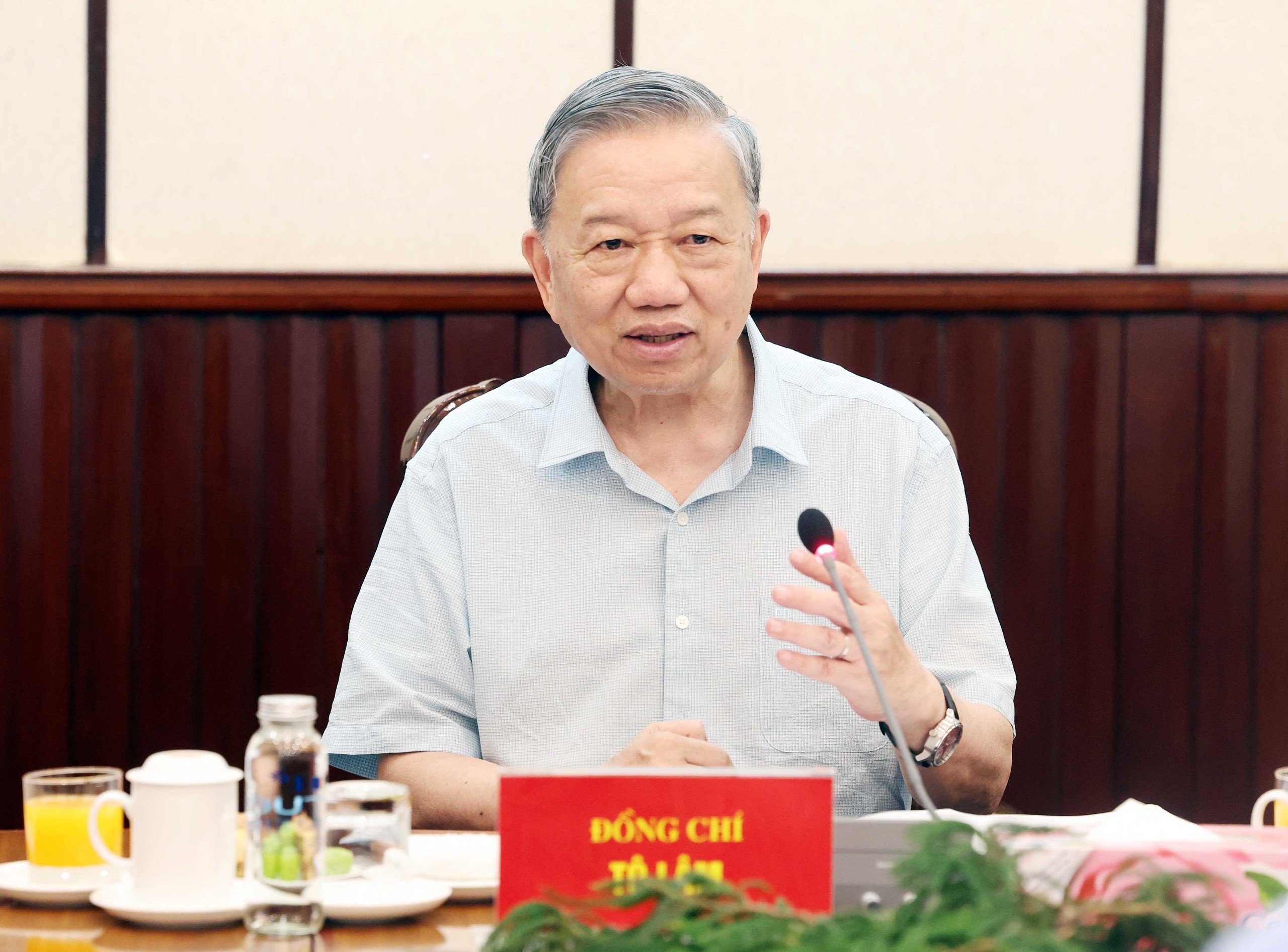
General Secretary To Lam , Head of the Central Steering Committee on summarizing Resolution 18
PHOTO: VNA
Continue to streamline the organization within agencies and units
Regarding the arrangement of public service units at the Central level, the Steering Committee stated that it is necessary to promote socialization, restructuring or dissolving ineffective public service units. Streamlining and reducing the number of project management boards of central ministries and branches; merging and dissolving ineffective scientific and technological organizations.
At the same time, develop a system of research and testing centers, national key laboratories, focusing on strategic technology development; regional data centers.
Arrange and streamline the internal focal points of government agencies and units under government agencies; the internal focal points of public service units under central departments, ministries, branches, agencies and units.
At the local level, the Steering Committee requires streamlining and reducing the number of provincial project management boards. Each province and city has a maximum of 3 provincial project management boards; based on local practical requirements, inter-commune and ward project management boards can be established; commune-level project management boards can be established if necessary. Project management boards operate under a financial autonomy mechanism, ensuring their own operating costs.
At the same time, arrange and streamline the internal focal points of provincial-level public service units and public service units under provincial-level departments, agencies, branches, agencies and units. Restructure or dissolve ineffective provincial-level public service units, ensure the improvement of the quality of basic and essential public services associated with restructuring and reducing the number of civil servants receiving salaries from the state budget. Promote the socialization of public service units in places with sufficient conditions.
The Steering Committee also oriented to research and organize a commune-level public service unit to provide basic and essential public services to local people (such as in the fields of culture, sports, information, communication, environment, agriculture, etc.); promote socialization in places with sufficient conditions.
Research on merging research institutes with universities
Regarding school arrangement at the Central level, the Steering Committee clearly stated the orientation to build a number of schools and advanced training centers specializing in artificial intelligence.
Focus on developing the system of vocational training facilities; rearrange and reorganize existing vocational training facilities to ensure they are streamlined, efficient and meet standards. Strongly decentralize the management of vocational training facilities to local authorities.
Arrange and restructure higher education institutions; merge and dissolve substandard higher education institutions. Eliminate intermediate levels, ensure streamlined, unified and effective administration. Research on merging research institutes with higher education institutions, transfer some universities to local management.
At the local level, basically maintain the existing public high schools, middle schools, primary schools, inter-level schools, and kindergartens, propose arrangements and adjustments if necessary to conveniently serve the needs of people and students; promote socialization in places with sufficient conditions.
At the same time, streamline the arrangement, reduce the number of focal points, and improve the quality of operations. Specifically, merge vocational education centers and continuing education centers into vocational secondary schools equivalent to high schools under the Department of Education and Training to provide public services in inter-ward and communal areas.
Each province or city shall have no more than 3 vocational schools to train skilled workers to serve socio-economic development and attract investment in the locality (not including schools that are self-sufficient in regular expenditure or more).
Transfer some hospitals from the Ministry of Health to provincial management
Regarding the arrangement of medical facilities , the Steering Committee is orienting research to transfer a number of hospitals under the Ministry of Health to provincial management; perfecting the modern preventive health system with sufficient capacity to monitor, warn early, control epidemics in a timely manner and proactively organize and implement disease prevention activities.
At the same time, maintain the existing provincial public hospitals; promote socialization in places with sufficient conditions. Each province and city has at least one specialized hospital; a geriatric hospital or a general hospital with a geriatric department.
Establish commune, ward, and special zone health stations under the People's Committees at the commune level and medical examination points on the basis of previous commune-level health stations to meet the needs of disease prevention, primary health care, and basic medical examination and treatment for people in the area.
Transfer the former district-level medical centers and general hospitals to the Department of Health to organize care, examination and treatment according to inter-ward and commune areas.
For state-owned enterprises, the Steering Committee requires research and development of a number of large-scale domestic strategic digital technology enterprises to develop digital infrastructure, lead the direction of national digital transformation activities, and have the capacity and ability to compete internationally.
At the same time, restructuring state-owned enterprises, equitization, and divestment of state capital must follow the principle that state-owned enterprises should only focus on key, essential, strategic areas; important areas for national defense and security; and necessary areas that enterprises from other economic sectors do not invest in.
Source: https://thanhnien.vn/dinh-huong-sap-xep-don-vi-su-nghiep-truong-hoc-benh-vien-doanh-nghiep-nha-nuoc-185250915212840411.htm





![[Photo] Prime Minister Pham Minh Chinh receives President of Cuba's Latin American News Agency](/_next/image?url=https%3A%2F%2Fvphoto.vietnam.vn%2Fthumb%2F1200x675%2Fvietnam%2Fresource%2FIMAGE%2F2025%2F12%2F01%2F1764569497815_dsc-2890-jpg.webp&w=3840&q=75)




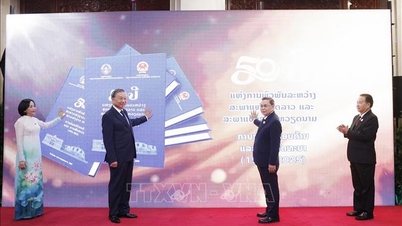
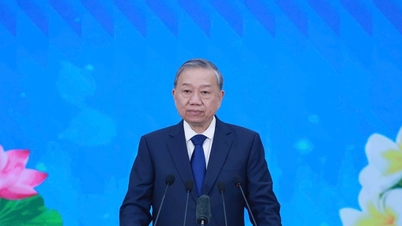


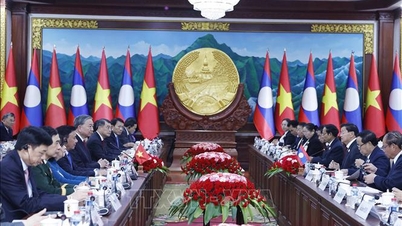
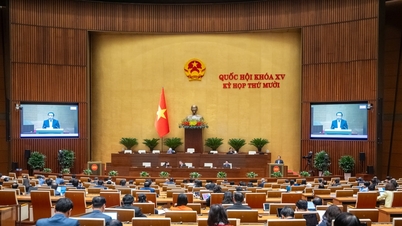

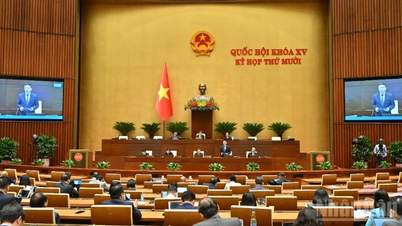


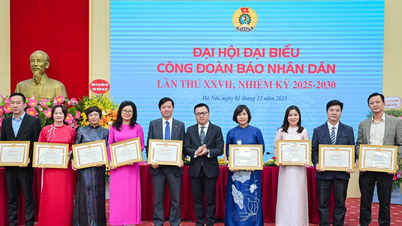
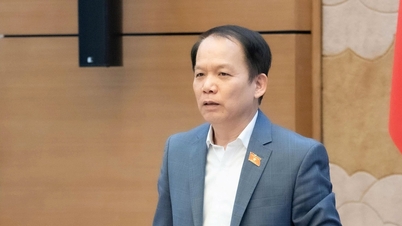
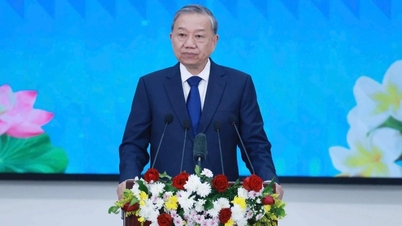








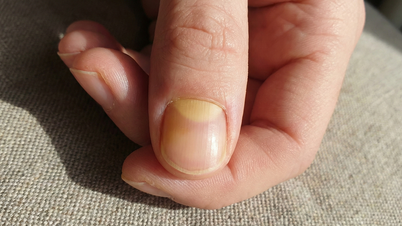

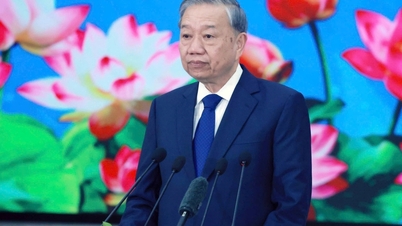










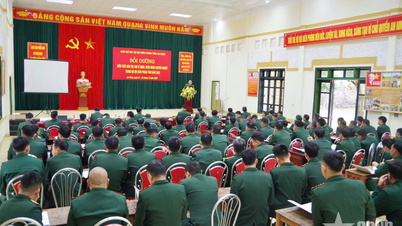


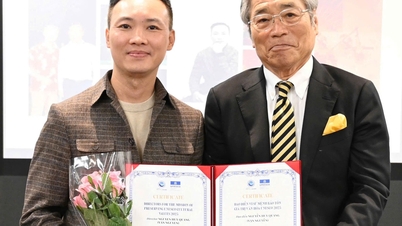





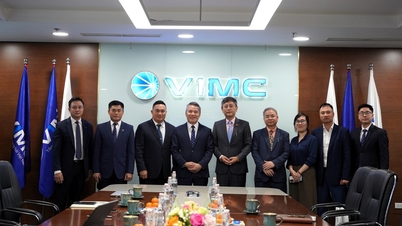





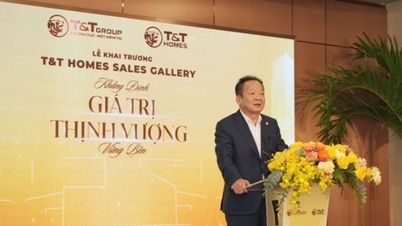











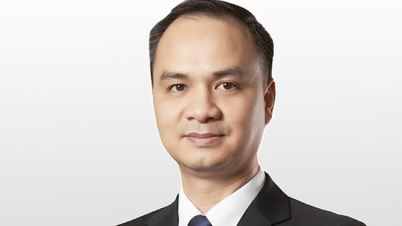

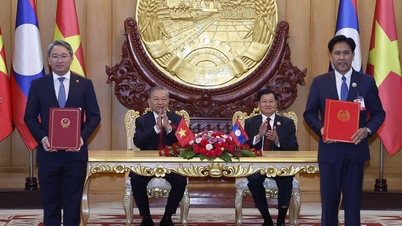
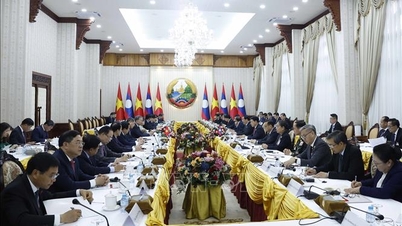



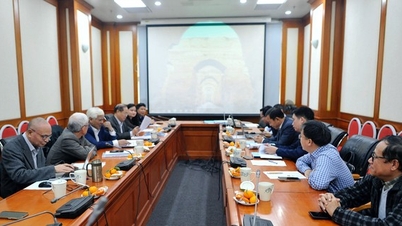
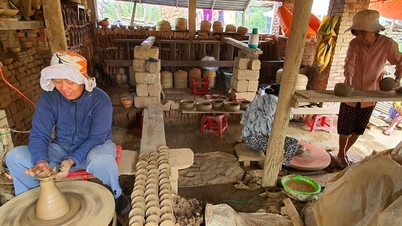

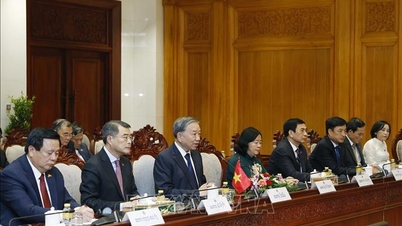


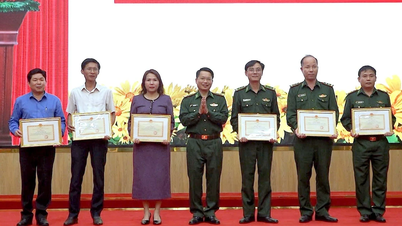

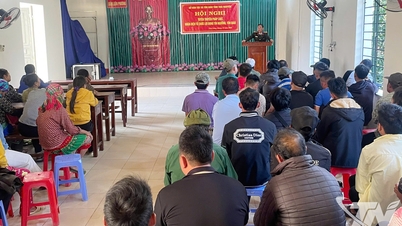



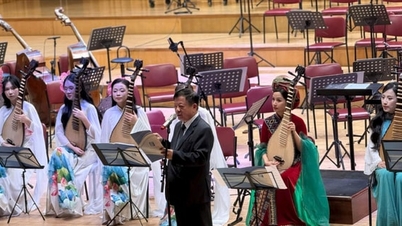












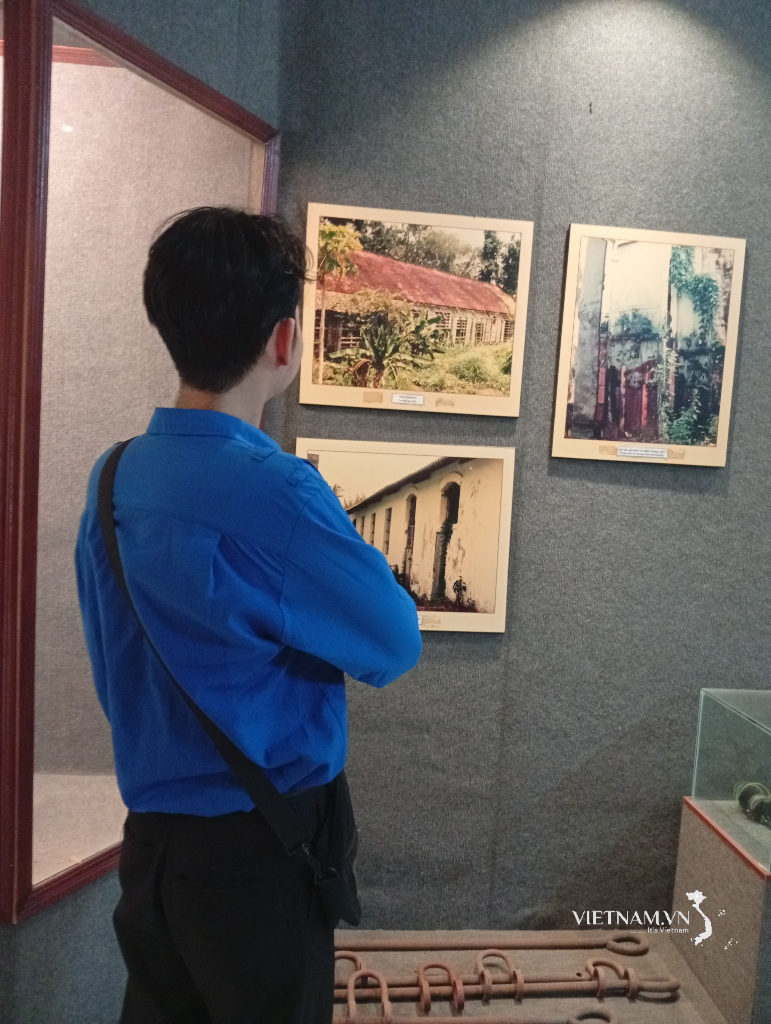


Comment (0)